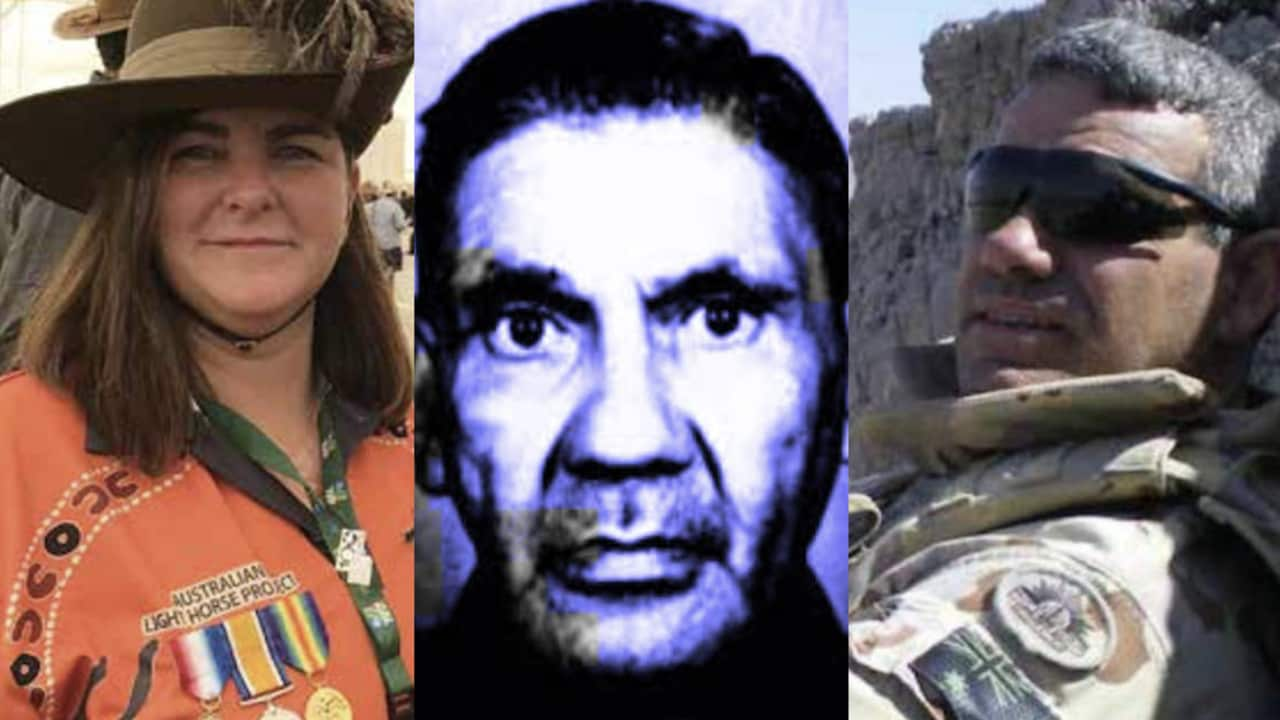On 27 July 1953, the Korean War ended.
Now, exactly 70 years later, more than 60 Indigenous soldiers are being officially recognised by the Australian War Memorial for their service during the 'Forgotten War'.
Michael Bell, a Ngunnawal and Gomeroi man, and Indigenous Liaison Officer at the Australian War Memorial, is leading the research.
"These men were fighting for more than their country, they were fighting to be recognised," said Bell.
“It was a significant transition period for our people at home and their role in the defence forces overseas."
The 65 Indigenous men's names will be published as part of the ongoing research to recognise all Indigenous servicemen and women.
Their names will be published on the Australian War Memorial website over the next week where there are already five stories published: , who was refused service in a sandwich shop while wearing his uniform and medals; Wakka Wakka man, and , both killed in action; Noongar man, and Military Award recipient, Torres Strait Islander man from Mabuaig Island, .
Each story paints a vivid and harrowing picture of what life was like for an Indigenous soldier — before and during the war and perhaps most heartbreaking, their treatment upon returning home.
Bell said the research is collaborative with the families of the soldiers and that it often starts with family members getting in touch about their loved ones and then carrying out research to confirm and add them to the list.
"In that process we find out more about the man, more about the family, his contributions and how [the war] impacted him and his family," said Bell.
"We try to enlighten the family about what his war was like, what part of Korea he was in and the impact that he had in his tour of duty."
Bell hopes to highlight the contributions of each individual soldier, who they were beyond their service, what their lives were like outside of the war and when they returned home.
What stands out for Bell is Charles Mene's reason for fighting, a reflection of what many of the men were hoping for when they enlisted.
"I want to come back to an Australia where my people will have full rights as citizens, to an Australia where Aboriginal children will have the right to education, to work and to a healthy, happy life," Mene told the Tribune newspaper in June 1944.
"That to me is the words of a man who is putting his life on the line for a better life to improve situation for all Aboriginal and Torres Strait Islander people," Bell told NITV.

Charles Mene was a recipient of the Military Award for carrying wounded men to safety. Credit: Australian War Memorial
"They find home and equality in the service and they stay on."
Bell said he can't be sure if the men chose to stay in the forces because it was one of the few places during that time where they "had access to equal pay and they're not living under the protector" but notes non-Indigenous soldiers did not come home to the same challenges or inequalities.
"They weren't living under those same circumstances of having their pay docked or having to pay a protector of Aboriginals, or having the risk of your children being taken away," said Bell.
Bell said the response to the research from community has been positive and adds it's always emotional when a family sees a photograph of their family member as a young man that they may have never seen before.
"You can't do better than that," said Bell.
"When you can share a photo with the family of a man they've never seen and only ever spoken about."
He said they estimate there are still more to be identified and is calling on the community to reach out with information.
"We're calling on all community members of families to to share that information with us so that we can give them their due recognition as Aboriginal servicemen who served in the Korean conflict."
The Australian War Memorial encourages the community to reach out on their website.












